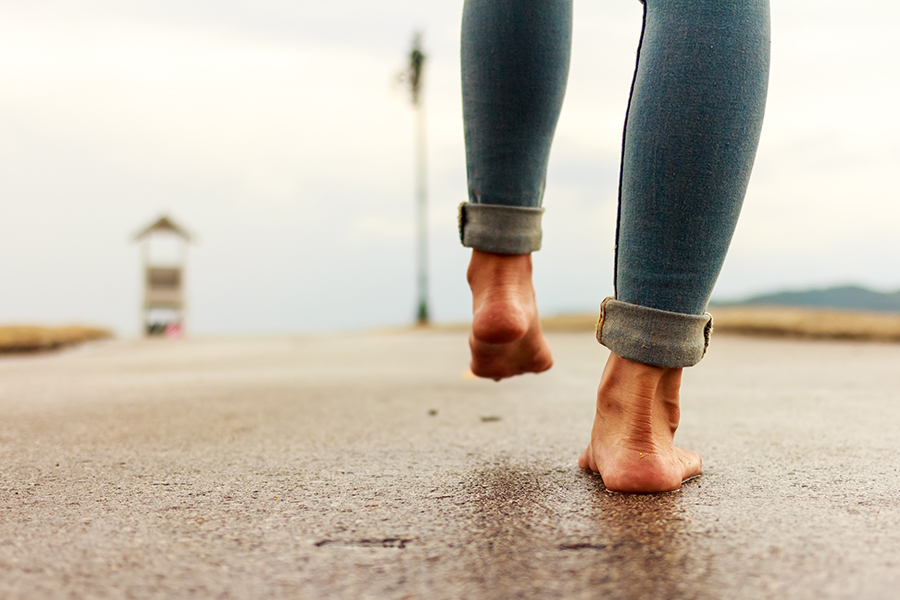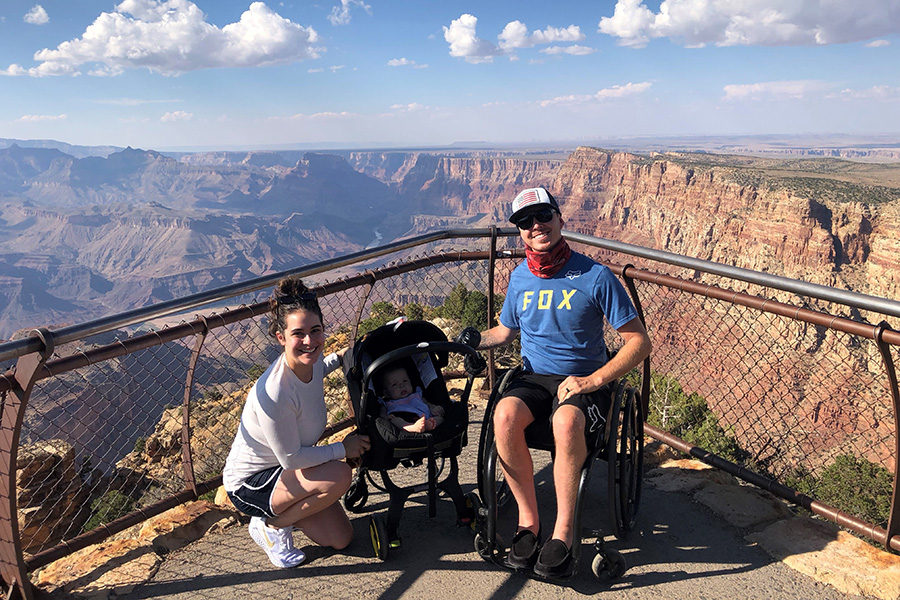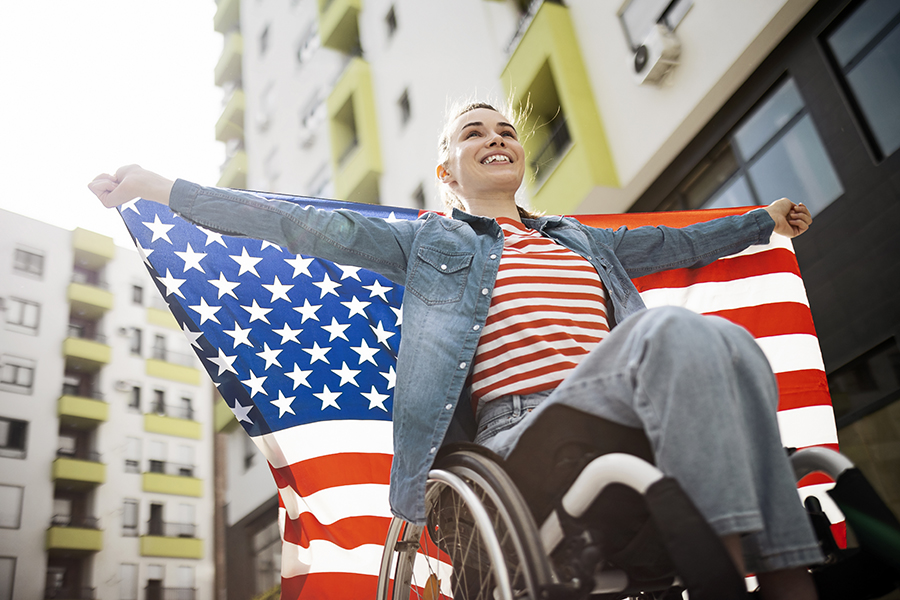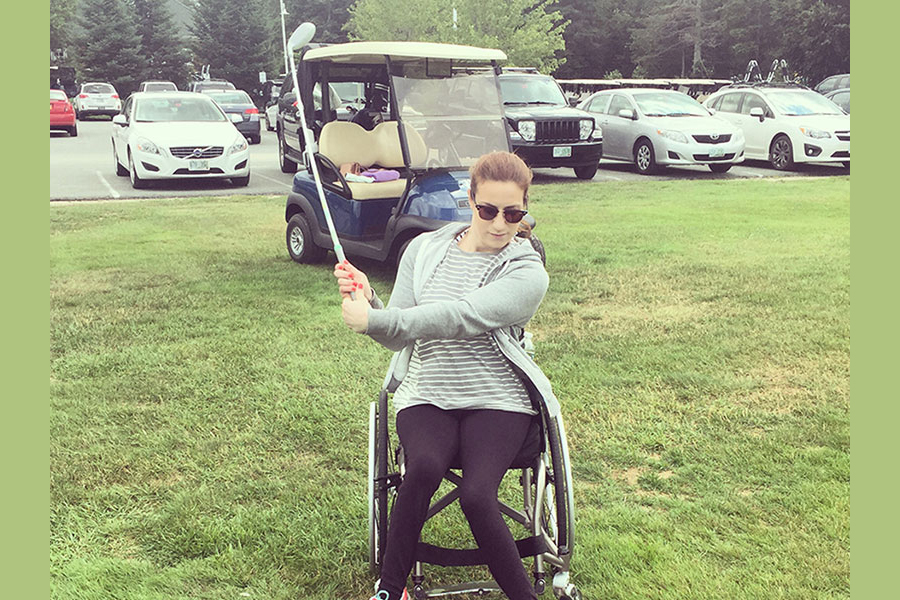Accessible Abode
When I was discharged from the hospital in 1999, we had no where to call “home”. I had been living with the race team prior to my accident, my mother owned a ranch in Oklahoma and my dad was in Arizona. We had created a beautiful bubble in my hospital room which I called “home” for over 6 months. My mother had brought in a mini-fridge, a stereo system and a small water feature. Early on, we recognized the importance of creating an optimal healing experience.
Turning your space into an accessible home is an essential step for living with a disability. In this blog, we will explore accessible home modifications from simple changes to more complex renovations, all aiming to make your home a comfortable and inclusive place. Here are eight tips for creating an accessible home.
-
Ramps:
Welcome Home! An accessible home begins at the entryway. Install a non-slip ramp if there are steps leading to your front or back door, and ensure the doorways are wide enough for your wheelchair or walker to pass through easily.
-
Floors:
A non-slip flooring option throughout your home is imperative to prevent accidents. Consider removing area rugs as they can be fall hazards. Create clear, well-lit pathways throughout your home to facilitate easy transitions.
-
Bathroom:
Bathrooms are one of the most important areas to consider for accessibility. Install grab bars near the toilet, shower, and bathtub. Consider a walk-in or roll-in shower with a fold-down bench, and invest in a raised toilet seat. Lever-style faucets are easier to use than traditional knobs.
-
Kitchen:
Adapting the kitchen involves lowering countertops and installing pull-out shelves for easier access to pots, pans, and other kitchen supplies. Lever-style faucet handles and grab bars also work in this space.
-
Bedroom:
In the bedroom, choose a comfortable and adjustable bed to make it easier for individuals with mobility issues to get in and out. You can check out a blog about choosing the right bed here: Your Bed, Your Haven: Choosing the Right Sleep Surface. Consider lowering hanging rods and shelves for easy access to clothing in your closet as well.
-
Smart Home:
Voice-activated devices like Amazon’s Alexa, Google Home, Next and Ring can help with controlling lights, thermostat, and other home features.
-
Lifts:
For multi-story homes, consider installing a stairlift to ensure access to all levels. These solutions can greatly enhance mobility and independence. However, they can also be cost-prohibitive modifications. Moving your main bedroom to the lower level can ensure safety without the need for a stairlift investment.
-
Consult a Professional:
Before starting any major home modifications, consult with a professional who specializes in accessible design. They can help you create a plan that meets your specific needs and ensures your home is both safe and functional. Also, there are plenty of nonprofits that will gift and share in the cost of home remodels.
Modifying a home is not just about providing mobility – it’s about fostering independence and ensuring that your space is comfortable. These modifications can make a significant difference in the quality of life, and your home should be a place where everyone feels welcome, safe, and free to move about with ease.
In Health,
Aaron Baker






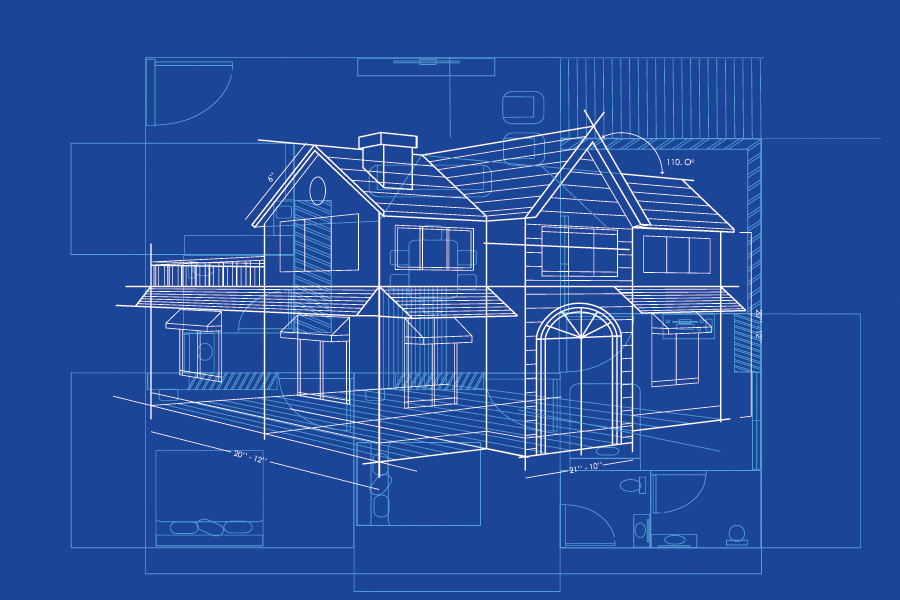


 I have c6 injury and I have lots of spasm in my whole body. What can you suggest to help?
I have c6 injury and I have lots of spasm in my whole body. What can you suggest to help?

